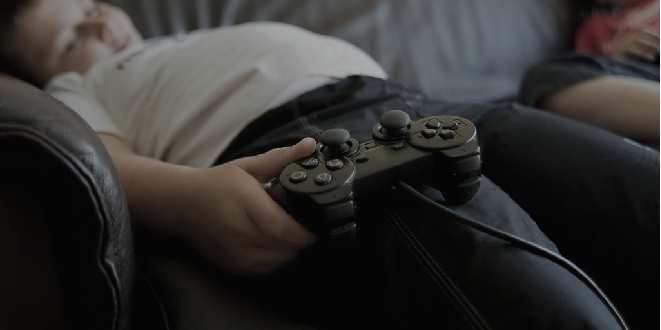If you're a fan of first person shooters and survival combat games, research is now showing you may not be as put off by nightmares as most. A recent study from the journal Dreaming (and another from the same group that has not yet been published) looked into some of the differences between men and women who play games, and their tendency for nightmares. This particular study is a followup on years of dedicated research, led by Jayne Gackenbach, on how video games effect our dreams. Past studies have found that hardcore male gamers get an effect called "nightmare protection," while female gamers don't. Initially, the studies only indicated that the genre of the games had an impact—male gamers appeared to be more prone to protection because they were more likely to play combat-heavy games compared to female gamers. The two new studies attempted to look further and see if any other factors were at play.
The original studies have focused on everything from the aforementioned nightmare protection, to dream bizarreness and creativity. What they have found is those gamers who specifically play combat games for long durations are not effected by their nightmares in typical ways. Gackenbach told TechRaptor that, while the general population may usually be suddenly awakened by a terrifying dream, gamers will often sleep through it and recall later that "they were awesome." Another researcher Arielle Boyes said that the nightmares experienced by gamers were "more video game like which may have also increased the enjoyment and positive feelings." Essentially, what most people consider horrific, lifelong gamers consider exciting.
The first study, led by Boyes, tested for "stereotype threat," a sociological phenomenon where a person's performance is effected subconsciously by the stereotypes expected and assigned to them. The study hypothesized that women may lack the nightmare protection because of stereotypes regarding female responses to threats. The study found, however, that stereotype threat seemed to have no effect on outcomes. A second study by Alison Ditner found that a woman's identity as feminine or masculine may have a connection.
Ditner's study specifically looked at the nightmare tendencies of not only female and male gamers, but masculine and feminine gamers. The findings showed that those who ascribe to more typically "masculine" traits, regardless of whether they are male or female, get the "nightmare protection." This protection only occurs for hardcore gamers, however. Gamers who play fewer games or for less time, even if they play mostly combat-games, may experience even more fear than those who don't play games at all. However, this outcome doesn't necessarily mean sexual identity has a great impact, as it could simply be that women who ascribe masculine traits are more likely to play combat games, thus getting the nightmare protection. Ditner says it still appears to be a combination of factors at play.
Gackenbach told TechRaptor that more studies are already in the works, including experimental studies testing the difference of impact between horror films and horror games. She says they've found that games definitely seem to have the greater impact. Other studies have also looked at the effects of virtual reality specifically on dreams and nightmares, and the full scale of interactive media (from watching people play to playing VR).
We're all gamers here ... how do you view your nightmares? Do they tend appear more like video games? Do you find yourself less frightened by nightmares than most?







